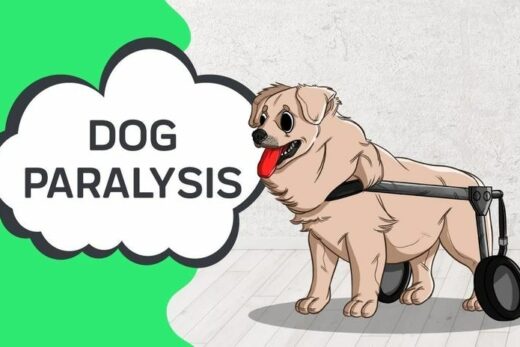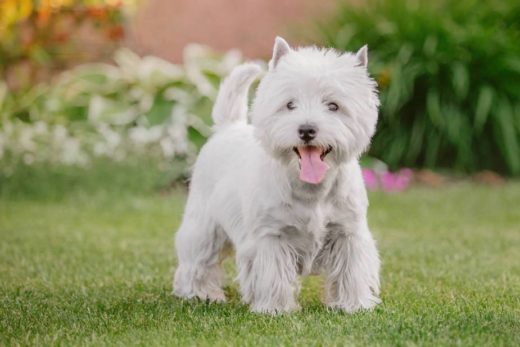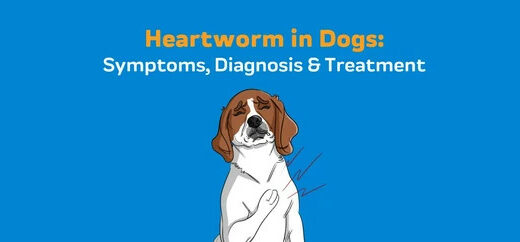
Another common allergen for a dog is flea saliva. After consistent biting from the fleas, the dog can develop a secondary bacterial infection. If your pup keeps aggravating the bites with his tongue or teeth, he can develop a yeast infection, which makes your dog smell. Stopping the flea infestation is your only option to stop the vicious itching allergic reaction.
Food allergies are tricky to figure out. Interesting to note, a dog can eat the same food every day in his life with no problems. But, one day her body’s immune system will fight back against the allergy, as your dog seems to randomly develop an allergy/sensitivity to an ingredient in his food. By changing foods monthly or quarterly, you expose your dog to different ingredients, reducing the chance of food allergy. During your diet rotation, try to not feed unique proteins that might be difficult to replace later. Examples are rabbit, kangaroo, or alligator–any protein that isn’t widely available.
Dogs can be allergic to any protein or carbohydrate found in their food. You have to pay attention to all the ingredients in your food. Most common food allergies or food hypersensitivity come from chicken, chicken eggs, beef, dairy, wheat, gluten, corn, soy, lamb, potatoes, and a number of other ingredients found in commercial dog foods.





